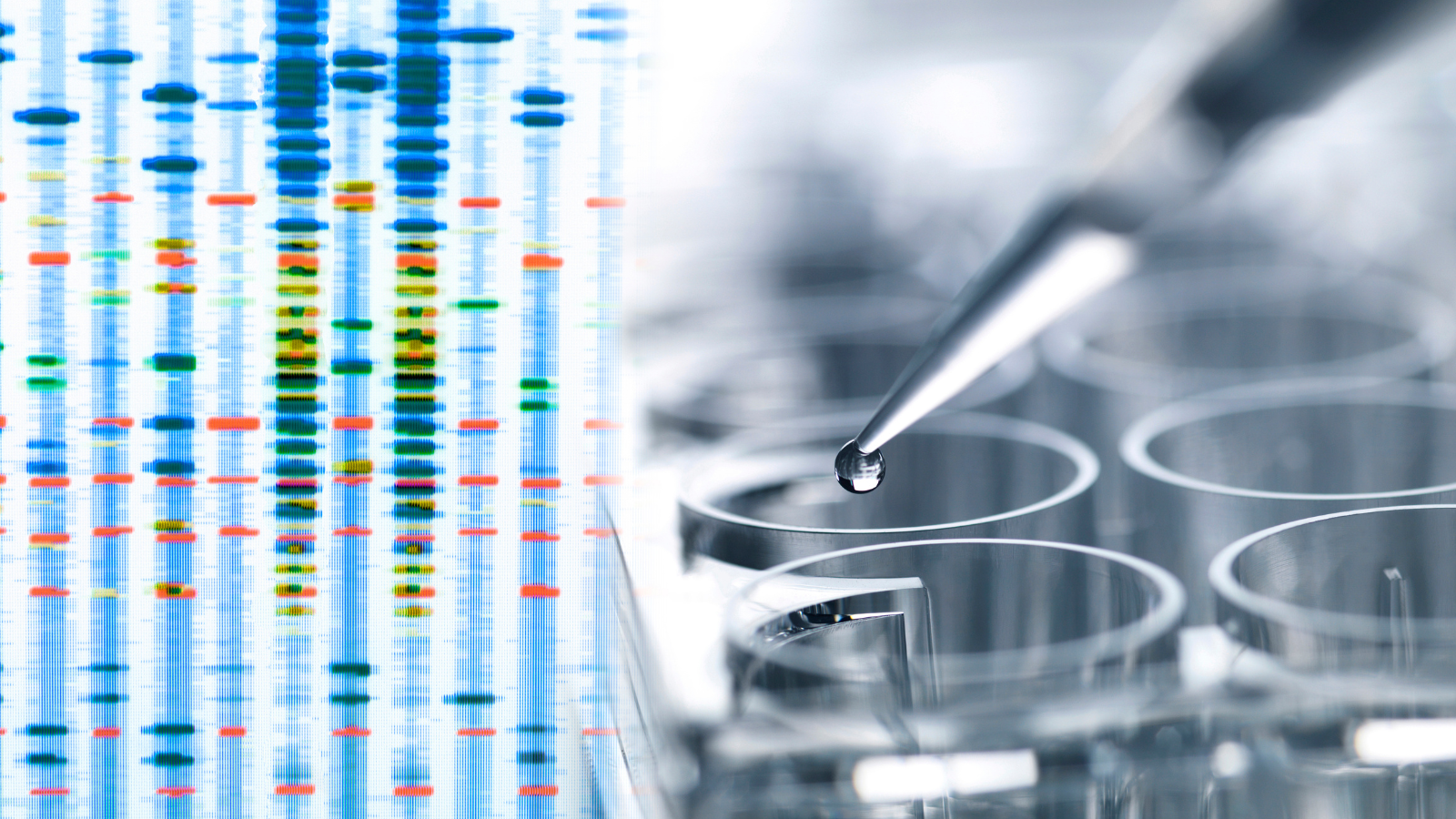A Breakthrough Approach to “Undruggable” Targets
THE CHALLENGE: Undruggable Targets In Cancer
Many cancer-driving proteins remain out of reach for current treatments. These include transcription factors, RNA-binding proteins, and other intracellular regulators that lack suitable binding sites for traditional drugs. Biologic therapies, while effective against cell surface proteins, cannot penetrate cells to reach these critical targets.
As a result, a significant portion of cancer-related proteins remain “undruggable”. These proteins often play critical roles in tumor growth, survival, and treatment resistance. Even when targeted treatments exist, cancer cells can mutate or activate alternative pathways to escape treatment, leading to relapse.
This challenge is especially critical in aggressive and treatmentresistant cancers, where conventional therapies provide limited or short-lived benefits. Overcoming these barriers requires an innovative strategy that expands the range of druggable targets and delivers more effective, lasting treatments.
Many cancer-driving proteins remain untouchable by conventional drugs, allowing tumors to grow and resist treatment. A new approach is needed – one that does more than block harmful proteins but actively removes them from cancer cells.
THE ANSWER: A New Strategy to Eliminate Cancer-Driving Proteins
With support from AFCR, scientists have developed an advanced drug discovery platform based on molecular glue degraders (MGDs). Unlike traditional inhibitors that merely block protein activity, MGDs eliminate disease-causing proteins by recruiting them to the cell’s natural degradation system. By linking target proteins with E3 ubiquitin ligases, MGDs trigger their breakdown, offering a powerful new approach to treating cancers previously considered untreatable.
The platform features:
- A proprietary library of over 10,000 chemically diverse, drug-like compounds.
- Three complementary discovery strategies: phenotypic, proteomic, and degradation-based screening.
- Extensive biochemical, cellular, and in vivo assays for target validation and optimization.
This approach opens the door to a broad range of new targets, including those considered undruggable by past technologies.
THE PROGRESS: Advancing Targeted Protein Degradation
AFCR’s support has driven several key milestones in the development of MGDs as a next-generation cancer therapy:
- Discovery of first-in-class degraders for an untargetable RNAbinding protein in colorectal and other solid tumors.
- Demonstrated synergy in preclinical colorectal cancer models between degraders and BRAF mutation inhibitors for effective combination therapy.
- Development of a selective WEE1 degrader for pediatric tumors, minimizing off-target effects of current treatments.
- Nomination of preclinical candidate; IND filing for Phase I clinical trials is anticipated soon.
- Integration of AI-driven discovery to identify new targets and optimize lead compounds.
These advancements mark significant progress toward bringing innovative, effective treatments to patients with cancers that currently lack viable therapeutic options.
HOW YOU CAN HELP: You Can Bring Breakthrough Therapies to Patients
Your support of AFCR helps accelerate the development of cutting-edge therapies, not only for the research featured here, but for a broad range of cancers affecting patients throughout Asia and around the world.
Yout contribution helps fund scientific breakthroughs, launch clinical trials, and bring hope to patients and families facing the toughest diagnoses.
Together, we can turn discovery into cures – and bring lifesaving treatments to those who need them most.




